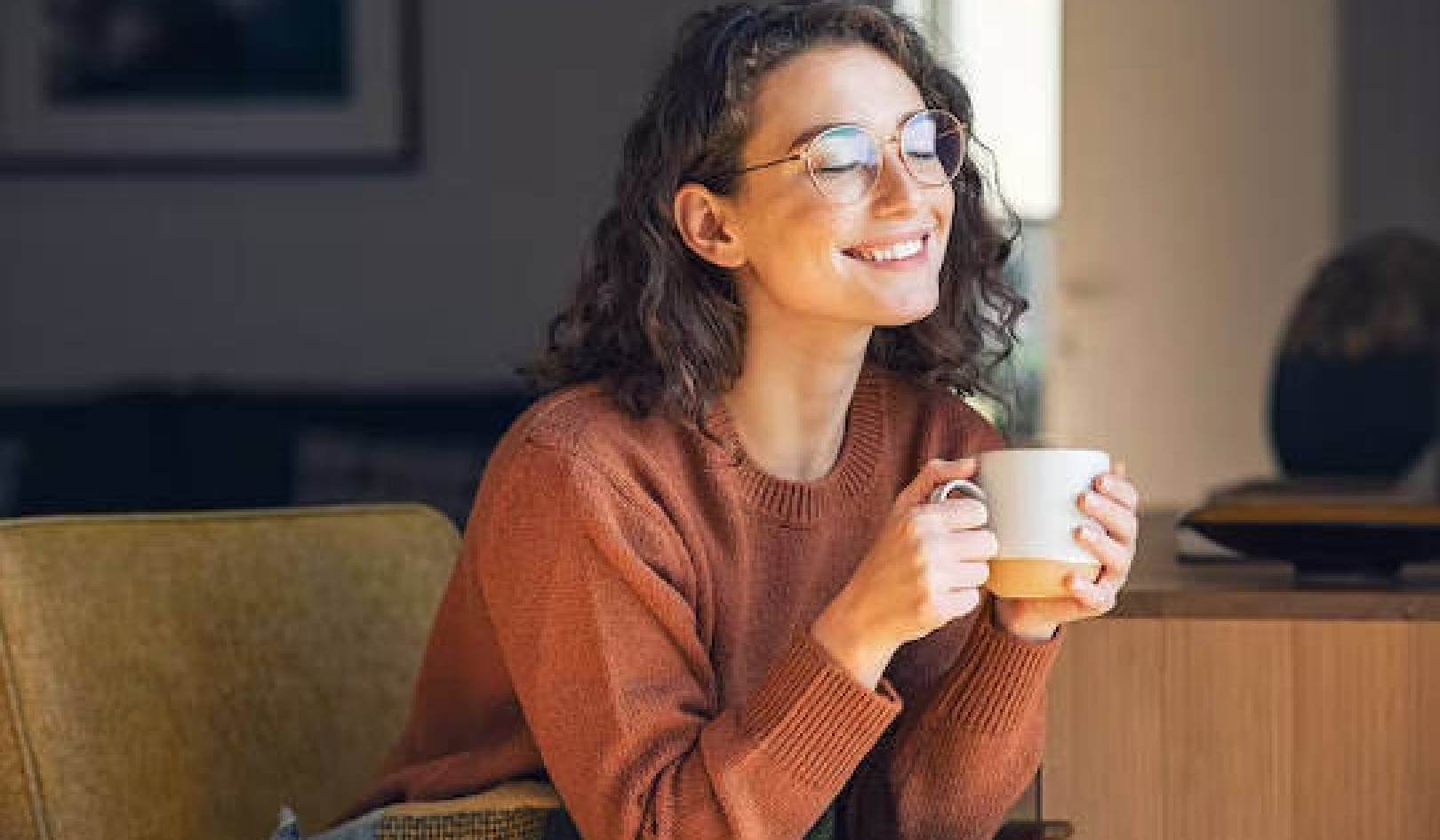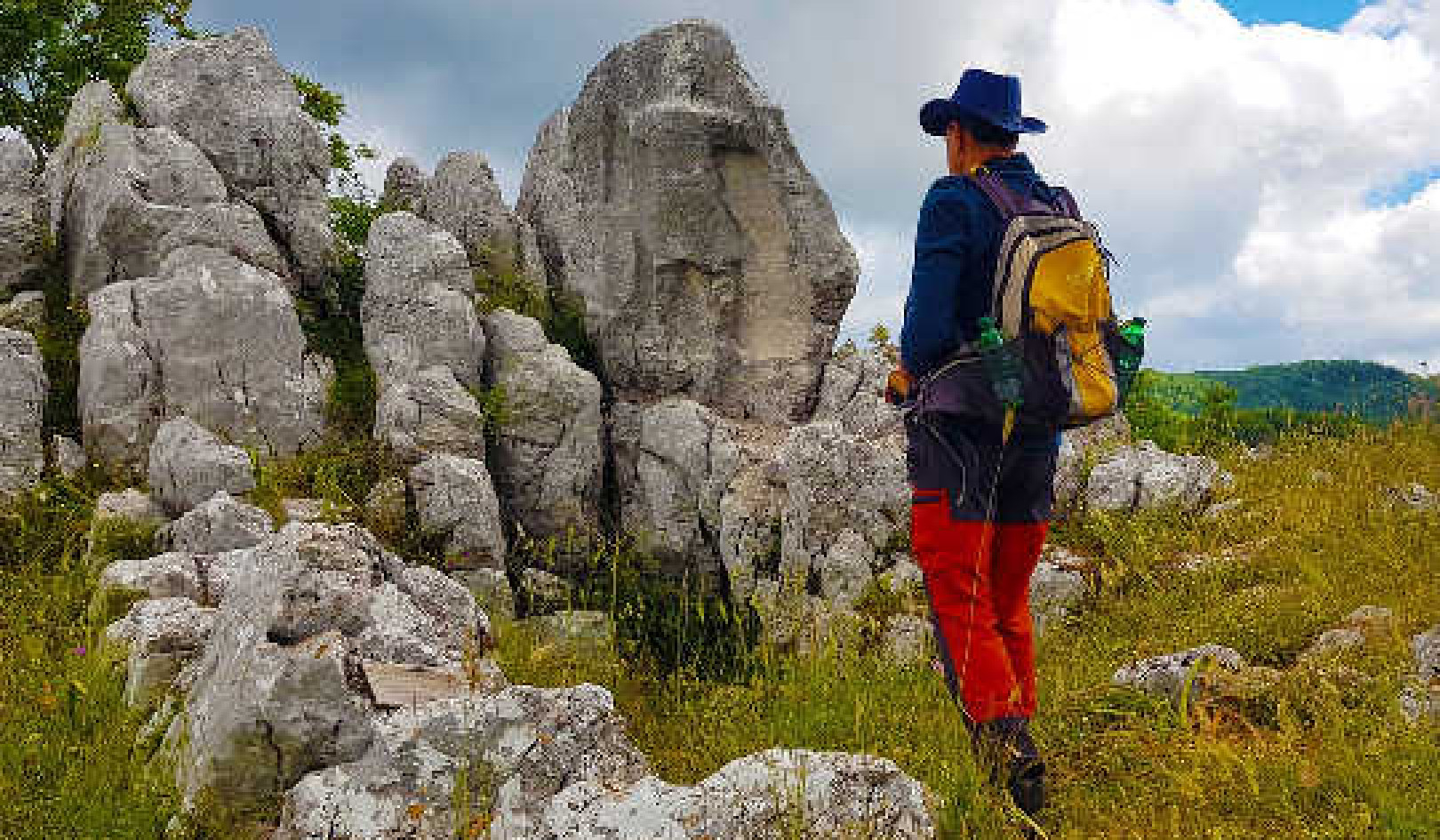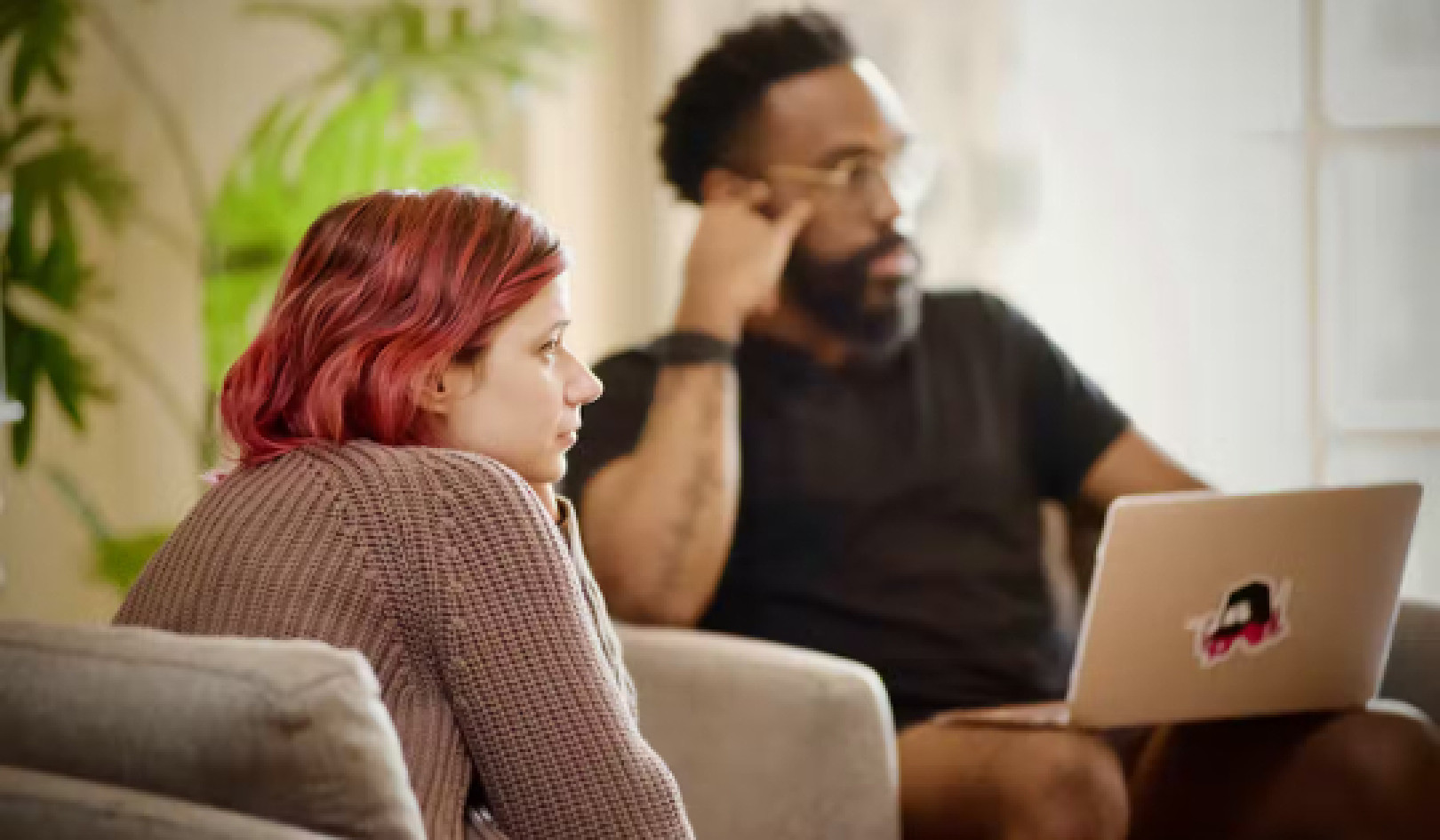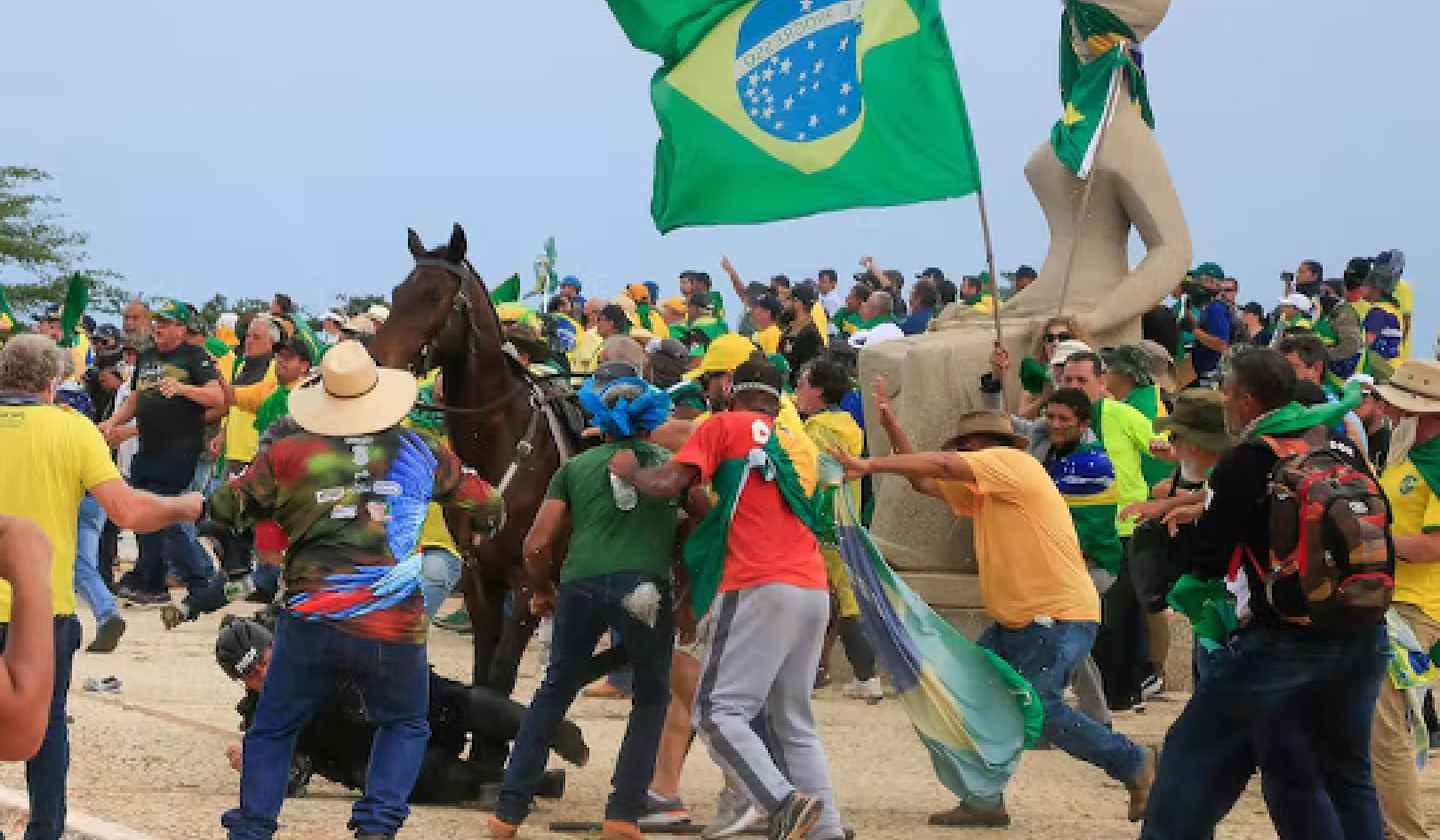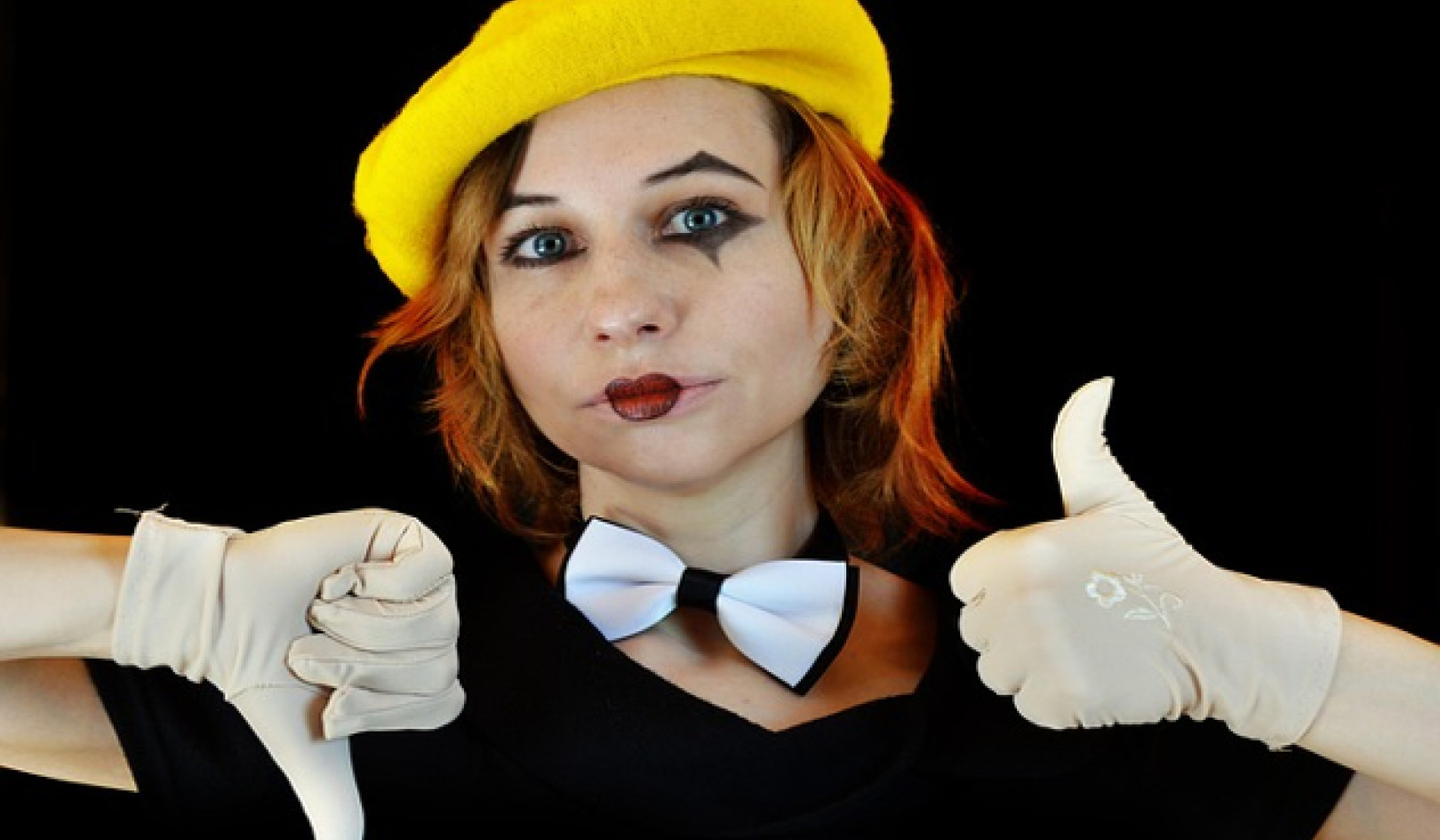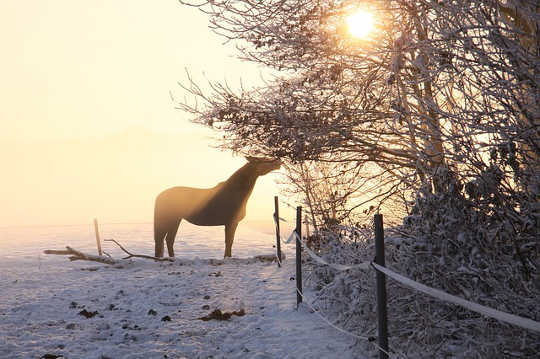
Image by irioto
A nutritionist once told me that the best fruits and vegetables to eat are the ones with blemishes. He said there is actually a positive cellular effect that comes from the survival response or healing practice of the fruit, a "beating the odds," so to speak. In these "less than perfect" specimens is a willingness to heal and to grow. I love the wisdom in this perception and immediately saw it as an analogy for many things, health and well-being taking center stage.
I know I am not alone when I say I have considered myself somewhat of a bruised fruit. It has been a lifelong adventure to reinvent myself in a light with which I honor, respect, and appreciate who I am, blemishes and all. This is still a work in progress, though now I can see where my ancient bruises have taught me survival.
I learned so much more than resilience and strength. Being battered by life events offered me opportunities to find a state of surrender that opened my ultimate will not just for having well-being but also for learning it.
Well-Being and the Contrast of Distress
Just the other day I witnessed a great example of recognizing well-being through the contrast of distress. My young horse Poco is at the bottom of the herd's pecking order. On that day I noticed every horse had been picking on him. Eventually he was even shunned from the feed area and was standing in the corner of the pasture.
Poco is definitely the "little brother," and sometimes he pushes his luck. I didn't see everything that happened before what I saw happen, but he was definitely singled out.
I went out to get him for a ride, and when I haltered him, he was jumpy and flinchy. I could see the fear in his eyes. I knew I had better pay close attention to how he was feeling during our ride. He seemed to be in a vulnerable state.
Poco and I walked into the arena, and I noticed he was instantly relaxing. He lowered his high head, and he started letting out deep breaths, sighing and blowing. This was a strong contrast to what I had seen just a moment earlier. It was also not at all what I had expected. I really paused to ponder what this change was all about. I quickly realized that it was a state of grace, if you will, a sense of security that came through him. He felt at peace with me.
A Sanctuary from the Difficulties of Life
Poco had come to me as a bit of a bruised fruit; he had seen starvation and violence in his young life. I have made it a point to always give him a safe place to be.
The arena is our playground and a sanctuary from the difficulties of life. It is where we connect — emotionally, spiritualty, and physically. When we entered the arena, he could feel at ease and safe. He could leave his worries behind.
I often hear this from people who visit me in the canyon. As they start down the long, winding road that curves and twists through the trees, nestled and tucked into the earth’s rolling soil, they feel they can leave their worries at the gate. Life seems to take on a brand-new feel. The secret, I tell them, is to carry that feel back into the world when they leave. This speaks very strongly to the difference between having peace and finding it. It is the difference between dependency and will. Dependency is always on something outside of us. Will is opening to the peace that resides within.
To observe contrast is to see differences. Polarities such as good and bad or dark and light offer us the ability to label and compare. Comparison is how we evaluate what we want from what we don’t want. When I know this, I can see conflict as a positive thing. I can see it as a strong indicator pointing to what I want.
If something is ineffective, I can ponder what would be effective through contrast. Life became much more pleasurable when I could see hardship as a tool and anger as a pathway to peace.
The Ultimate Contrast in Life: Fear and Love
Poco’s conflict was an example of what I feel is the ultimate contrast in life: fear and love. It was plain to see that Poco was really starting to hunt up feeling good. He now knows there is a flip side to fear.
Good is also a choice. It is natural and common to focus on fear. Fear is where many of us lose sight of our wellbeing. We are geared to protect ourselves, yet we become victims of life if we don’t see there are always at least two choices in contrast and in conflict.
We can hold on to historic opinions about our fears. Opinions and perceptions come through a myriad of input. A great deal of this input is the perception of our environment. Dependency on our environment is not a perception of will but a reliance on circumstance. This dependency can feel like the opposite of freedom.
I know that when I am dependent on something or someone, that dependency seems to carry with it a residing fear of loss. What happens if ... ? However, my will holds limitless freedom within it.
I used to believe I had to search outside myself for this feeling of completeness. I have definitely looked for love in all the wrong places. But through that contrast I finally realized I had lost myself in the search.
I once heard a story of a beggar sitting on a box asking for handouts. After he died the townspeople unlocked the box and found it was full of gold nuggets. He had never looked inside. He never knew his wealth. This symbolizes what can happen when we focus our wellbeing outside of us.
Reclaiming Free Will
Reclaiming free will takes practice. This is one reason perfect practice is so vitally important. If we practice defense and protection rather than seeing an alternate route, we end up wearing fear like our skin. We can learn to accept things.
When Ray Hunt started colts, he helped them learn to accept the things that could be frightening, such as wearing a saddle. He wanted them to feel as good about the saddle as they did about their mane and tail.
At first, the saddle can seem very threatening to horses. They can build a great practice of gaining confidence by being shown they have a choice. We say, “You get in and you get out.” In other words, releasing the pressure and allowing them to learn to accept is vital to success. We may just use the saddle pad to get them accustomed to the saddle. Lay the pad on their back, and then we can go to the saddle. Maybe just put the saddle on and off without cinching it down. And then move ahead incrementally. This is very important to the horse. By breaking down the steps — practicing — it is a lot easier to assimilate and to understand.
That morning, Poco demonstrated to me that he knew there was another way that he could feel. He didn’t have to do what he always did. He could trust, and in trusting he could enjoy a learning frame of mind. This is why I find horses to be such a great metaphor for life. We can gain so much from looking into the eyes of contrast. When we look at contrast in a horse, it can be pretty undeniable.
Turning Loose: Willingness and Open Mind
Ray spoke of horses turning loose. To me, turning loose is the effect of willingness and an open mind. Turning loose originates in the mind, but the effects show in the horse’s actions through his body. Ray emphasized that it’s in the mind.
I began to see that when the mind is free, the obstacles blocking true willingness have been removed. Mentally, emotionally, and spiritually the horse is inspired by what he is experiencing. He accepts, allows, and is aligned with what is being offered or suggested. Mentally he is prepared, confident, and capable.
A mind that is turned loose is artistic; it is akin to music or dance. It is felt from within and released. The benefits of turning loose for both horse and human (and frankly for every sentient being) are undeniable. I can say from deep within my heart that when horse and rider are freespirited and united, there is a mystical elegance that releases and frees the souls of both.
And So It Is with Life
For me, turning loose means being willing. I feel the difference in my body when I am willing and inspired. A sense of willingness lends itself to an open mind and an open heart, and that openness is expressed through every cell.
Free will is my most precious gift. It is where I find my passion, inspiration, and creativity. Responding to life from my true and free will fills me with energy. Body, mind, and spirit all seem to work together in harmony when I am living from an inspired will. In my life, the will has been the messenger of miracles.
Letting go of our acquired judgments, criticisms, and outdated thoughts can be tough. But once we experience the feeling that comes from believing in ourselves, we wonder how we could have waited so long. When I turn loose of my judgments and conditions, and my expectations and contradictions, I open my mind and find my natural cadence waiting there.
Opening a closed mind unleashes the will, and the body naturally feels more at ease. Perfect practice takes practice; we have to begin from where we are.
“Shoulds” Get in the Way of Freeing the Will
Freeing the will is rarely accomplished by using the word should. Should, it seems, is counterintuitive to the will; it has a confining margin. All our shoulds seem to get in the way of our wants.
One thing that tends to trigger my resistance is laundry. I just see it as an endless should. I want to ride my horse, but I should do laundry. What I have learned is that sometimes I can bargain with myself. I’ll ride my horse first but then commit the rest of the day to catching up on chores. Or I’ll say, “Just do these two things, then you can go ride.” Often I end up doing a lot more than just two things on the list. The key for me is staying conscious in the process and not letting myself drift into selfpity or deprivation.
Life desires expression. This expression is freewilled when it is allowed rather than forced. Just as it is in nature or art, expression through an open mind can create masterpieces. Willingness is freedom, and freedom is the language of the soul. Life wants to move through our bodies, not from them.
The Value of Free Will
Seeing the value of free will was important for me to learn with horses. But it also plays a role in all my life experiences. Allowing rather than forcing was crucial in writing this book. There were times I tried to write and the material just wasn’t ready to come forth. It needed time to soak.
To express myself authentically meant I had to allow the space and time required to gather my thoughts. I couldn’t force my expressions and still have them be authentic. Each one of us is a unique expression of the will of creation, yet we tend to interrupt the dialogue through force.
Tapping into free will is a brilliant philosophy. In horsemanship there is scarcely a moment more fulfilling than when the mind of the horse is open and free. For that to happen, it takes a heightened level of trust. Horses are prey animals, and we are predators. To remove the barrier of fear can take a lifetime, but that one moment when the two minds meet as equals is a moment that is not soon forgotten.
The Integration of Heart and Mind: Letting Go of Habit
Willingness and mind can sometimes be conflicting. It is easy to see that willingness resides in the heart when the will wants to change what the mind wants to hold on to. Addiction is a habit that has become ineffective. Often it is ineffective because we are unconscious of the intrusion it presents to our willingness. Recognizing this is the beginning of channeling the will for our greatest intentions. To listen to and act on our will requires a deeper look into our self than the surface layer of mind and body. It takes a blend of thought and dedication to override such unconscious behavior. The best fuel for the fire of inspiration is willingness.
My true free will is always for my best interest. This is not to be confused with what I want. The wanting mind can and does become just the opposite of beneficial. It can launch us into striving for more and not accepting the present moment.
My will is always present and does not require an outside source to fulfill it. My will is, in fact, who I am at the core. It is pretty easy to assume there may not be life on the planet without the will to live. The body is far too fragile to make it on its own.
This light inside of us often goes unnoticed. We just put the car in drive and forget there is an engine. This metaphorical engine is fueled by our will. Yet so much of our focus is on the body and on thoughts. Living life from a merely physical perspective is like driving a car while looking at the steering wheel.
©2019 by Mary S. Corning. All Rights Reserved.
Publisher: Circle Around Publishing.
Article Source
BOOK: Perfect Practice
Perfect Practice: A Philosophy for Living an Authentic and Transparent Life
by Mary S. Corning
 This book is meant as a seed. Its message offers inspiration for living an authentic and transparent life. As a resource for life, it unites what is seen as separate and heals what is wounded. Readers will learn how to transform: * Pain into purpose * Conflict into confidence * Fear into curiosity. These are the shifts we can make to build a better life and a better world in which to live.
This book is meant as a seed. Its message offers inspiration for living an authentic and transparent life. As a resource for life, it unites what is seen as separate and heals what is wounded. Readers will learn how to transform: * Pain into purpose * Conflict into confidence * Fear into curiosity. These are the shifts we can make to build a better life and a better world in which to live.
For more info and to order this book, click here. (Also available as a Kindle edition.)
About the Author
 Mary S. Corning changes lives by defining the transformative power of pain. As a mentor, speaker, consultant, and writer, she clearly and compassionately models this process through her messages and stories. Mary extends her philosophy into the world of horses, where both people and horses benefit from realizing a different way to interpret challenge.
Mary S. Corning changes lives by defining the transformative power of pain. As a mentor, speaker, consultant, and writer, she clearly and compassionately models this process through her messages and stories. Mary extends her philosophy into the world of horses, where both people and horses benefit from realizing a different way to interpret challenge.
For more info, visit www.maryscorning.com
tf























